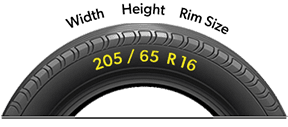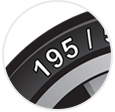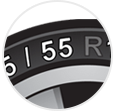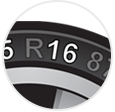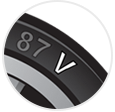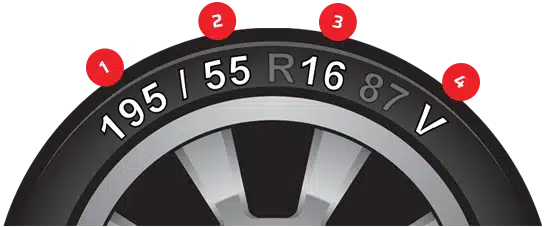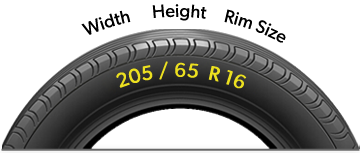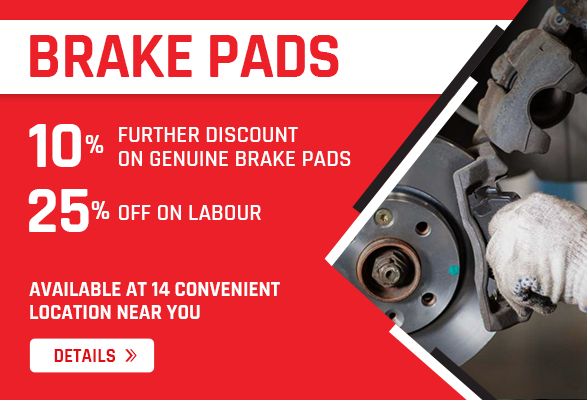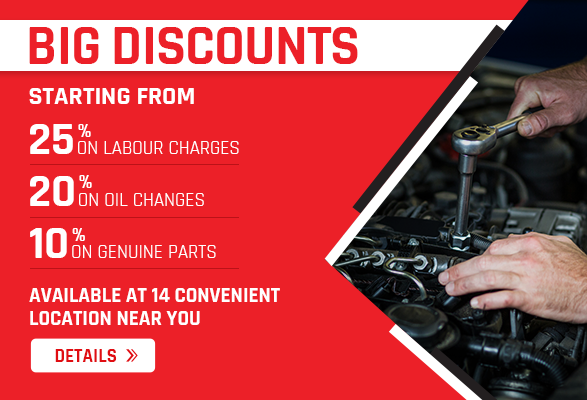Everything You Need to Know About Brake Fluid
We all know that brakes are vital to our vehicles' safety, but have you ever wondered if your brake fluid is beneficial or harmful to your tires?
It is rare for brake fluid to harm tires. However, it can cause damage if not removed quickly. Brake fluid contains polyethylene glycols that can react with rubber tires and cause them to soften. The tires can be more vulnerable to blowouts and punctures.
What is brake fluid?
The brake fluid is a type of hydraulic fluid used in a hydraulic braking system to convert force into pressure. This fluid brings the vehicle to a stop when you press the brakes. Hygroscopic fluid is capable of absorbing moisture from the atmosphere. It is also corrosive to certain materials, including paint.
How Brake Fluid Can Affect Tires
There are some convincing reasons to explain the occurrence of this problem:
Chemical Composition
Due to glycol substances, continuous exposure can lead to cracks, brittleness, and loss of elasticity in the tire's rubber compounds.
Denatured or Contaminated
Brake fluid can become contaminated with moisture and debris from routine usage over time. It can cause damage to the internal braking system and rusting. However, it can lead to deterioration of rubber compounds, leading to premature wear and tear.
Corrosion and Degradation of Rubber Components
Braking fluid is highly corrosive to rubber material because glycol substances can break it down. Suppose brake caliper seals become corroded or degraded due to prolonged exposure to brake oil. This can result in decreased stopping power and brake failures or leaks.
Loss of Traction and Control
There are a few ways that can cause loss of traction and control:
- Fluid Leaks: It can make tires slippery.
- Contamination: If the fluid becomes contaminated with water, it can lose its effectiveness and cause the brakes to drag. Thai results in tire life reduction.
- Overheating brakes: The brake oil can boil and cause the brakes to fail.
Types of Brake Fluid
The two types of brake fluid are silicone-based and glycol-based. The most common brake fluid is glycol-based. They are classified by DOT (Department of Transportation). All glycol-based fluids are DOT 3, 4, and 5.1. Silicone-based fluid is less common and is incompatible with glycol brake fluids.
Glycol Based Brake Fluids (DOT3, DOT4, DOT 5)
- DOT 3: DOT 3 fluid has the lowest boiling point. It is usually used in older cars.
- DOT 4: DOT 4 is a glycol-based brake liquid with a higher boiling point than DOT 3. This is the most commonly used brake fluid in modern vehicles.
- DOT 5.1: DOT 5.1 is a high-performance glycol-based fluid. It has a lower hygroscopicity and a higher boiling temperature than DOT 4.
Silicone-based Brake Fluid
- DOT 5: DOT 5 is a silicone-based brake liquid. It is commonly used in high-performance vehicles, racing cars, and other applications.
How to Protect Tires From Brake Oil?
Not all types of tires are affected by brake oil. You must have adequate knowledge of your car tires and whether they get affected by fluid spills.
- Keep your brake fluid topped off so it will prevent the leaking of oil on tires.
- Avoid driving in deep water, as it can cause contamination of brakes and rubber deterioration. If it happens:
- Take your foot off the accelerator pedal.
- Steer in the direction of the skid.
- Avoid slamming on the brakes.
- Once the vehicle has regained traction, you can slowly apply the brakes.
- If you notice any problem with the brakes and tires, have a vehicle inspection by a qualified mechanic in UAE; some are listed here.
- Change your brakes at least once in 2-3 years to save your rubber tires from contamination.
- Ensure your tires are washed with good detergent if brake oil spills on them. You can also avail of car wash services at home all over UAE.
- Don't store brake fluid for too long. It will be better for your tires. Replace it as soon as it changes color, texture, or thickness.
How To Check Brake Fluid?
Follow these steps to check brake fluid:
- Parking your vehicle on a flat surface is best.
- Turn off the engine.
- Open the hood.
- Find the brake fluid container. The reservoir is usually a transparent plastic container with a screw-off cap.
- Check that the fluid level is between the "low" and "full" lines. Add more brake fluid if the fluid level falls below the "low line".
- Use the brake fluid recommended for your car when adding brake fluid. This information can be found in your vehicle's owner's manual.
- Remove the cap and carefully pour the brake fluid into the reservoir until it reaches the “full” line.
- Close the hood and replace the cap.
FAQs
-
Is brake fluid harmful to rubber?
Polyethylene glycol-based fluids are safe for healthy rubber parts, and their additive packages will not cause any damage or distortion.
-
Can you put brake fluid on the tires?
Brake fluid can damage rubber components, including tires. It can cause the rubber to become soft and swell. This can make the tires more likely to fail. Brake fluid can also cause the tires to become slippery, which can reduce traction and control of the vehicle.
-
Can I use brake fluid as tire shine?
Car Tire has many chemicals and binders to keep the rubber molecules from breaking down prematurely; it will deteriorate too quickly, and tire failure can result.
-
Will brake fluid eat through the rubber?
Brake fluid can eat through rubber over time. Rubber-like materials are affected by glycol-based brake fluids. It is also a solvent, meaning it can dissolve some materials, including rubber.
-
When should I replace my brake fluid?
Brake fluid should be replaced every 2-3 years, or more often if you live in a humid climate or use your brakes heavily.
-
What are the signs of low brake fluid?
Signs of low brake fluid:
- The brake pedal feels soft or spongy
- A brake warning light is on
- Increased stopping distance
- A car pulls to one side when braking
- Strange noises when braking


